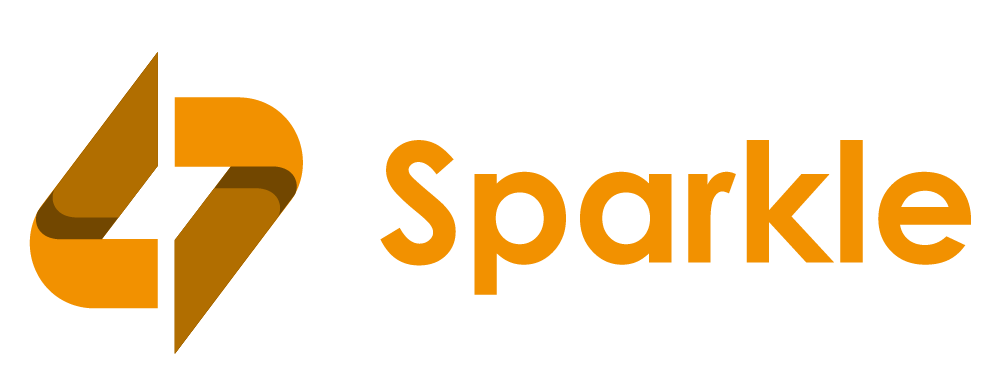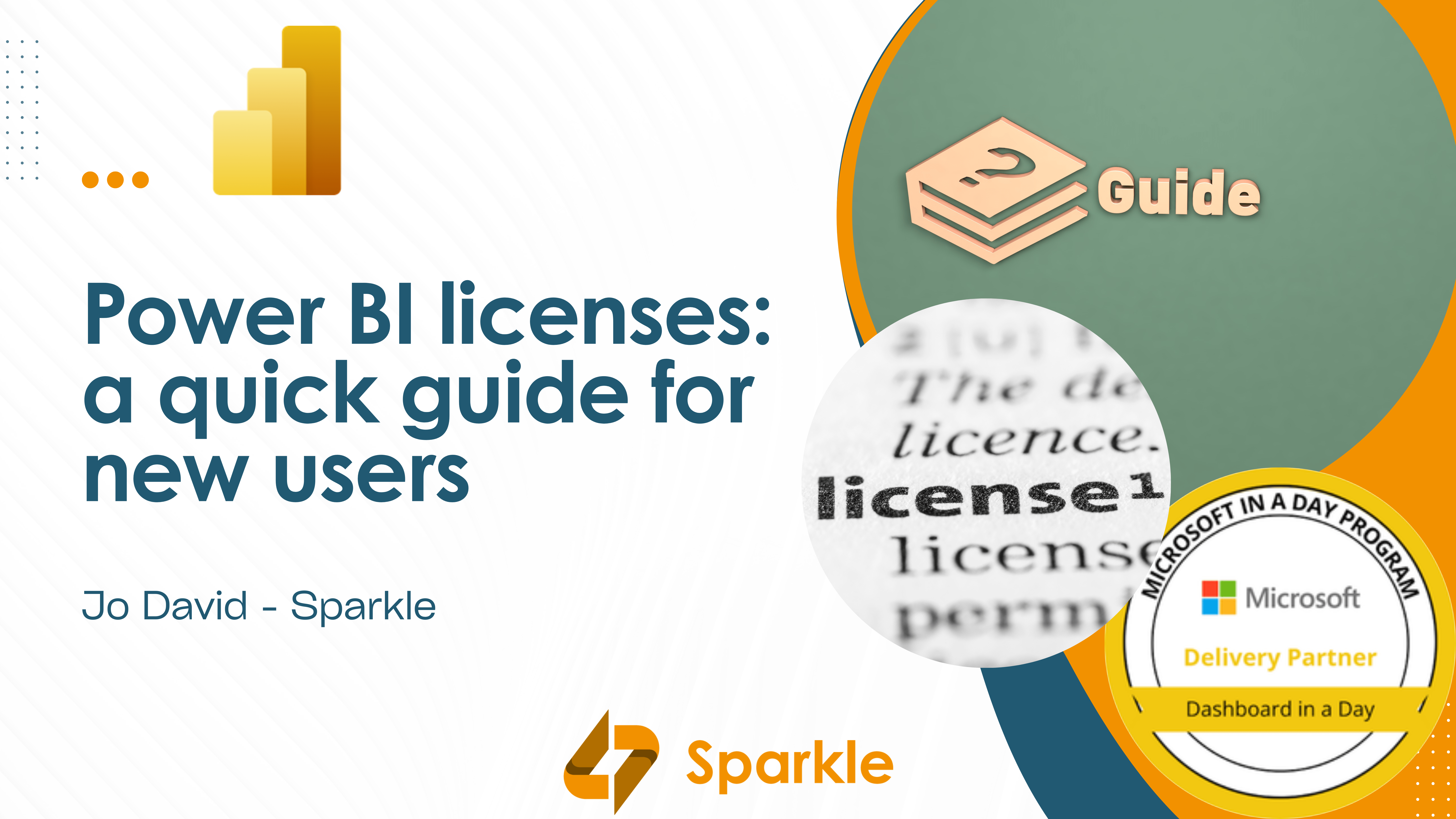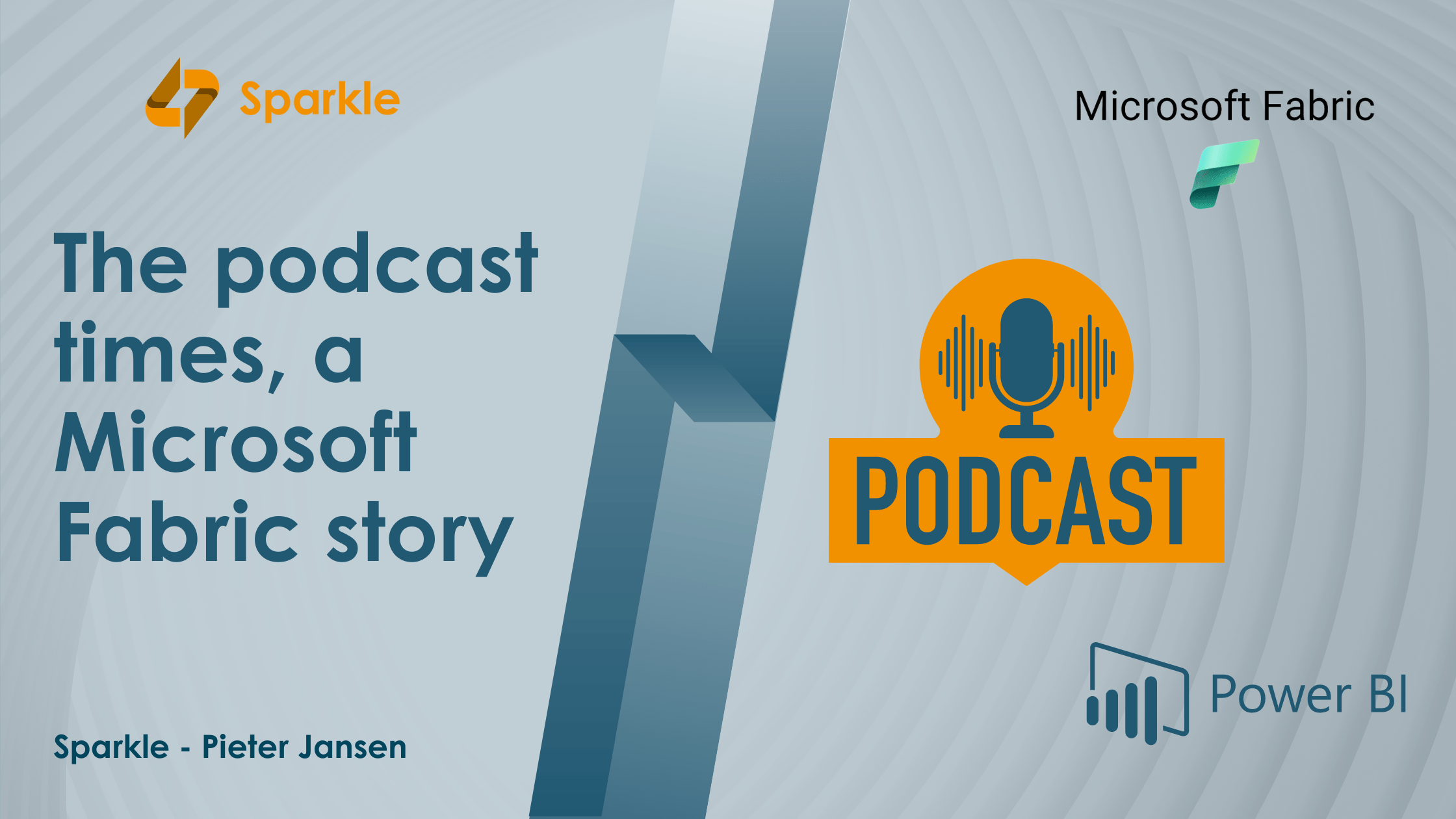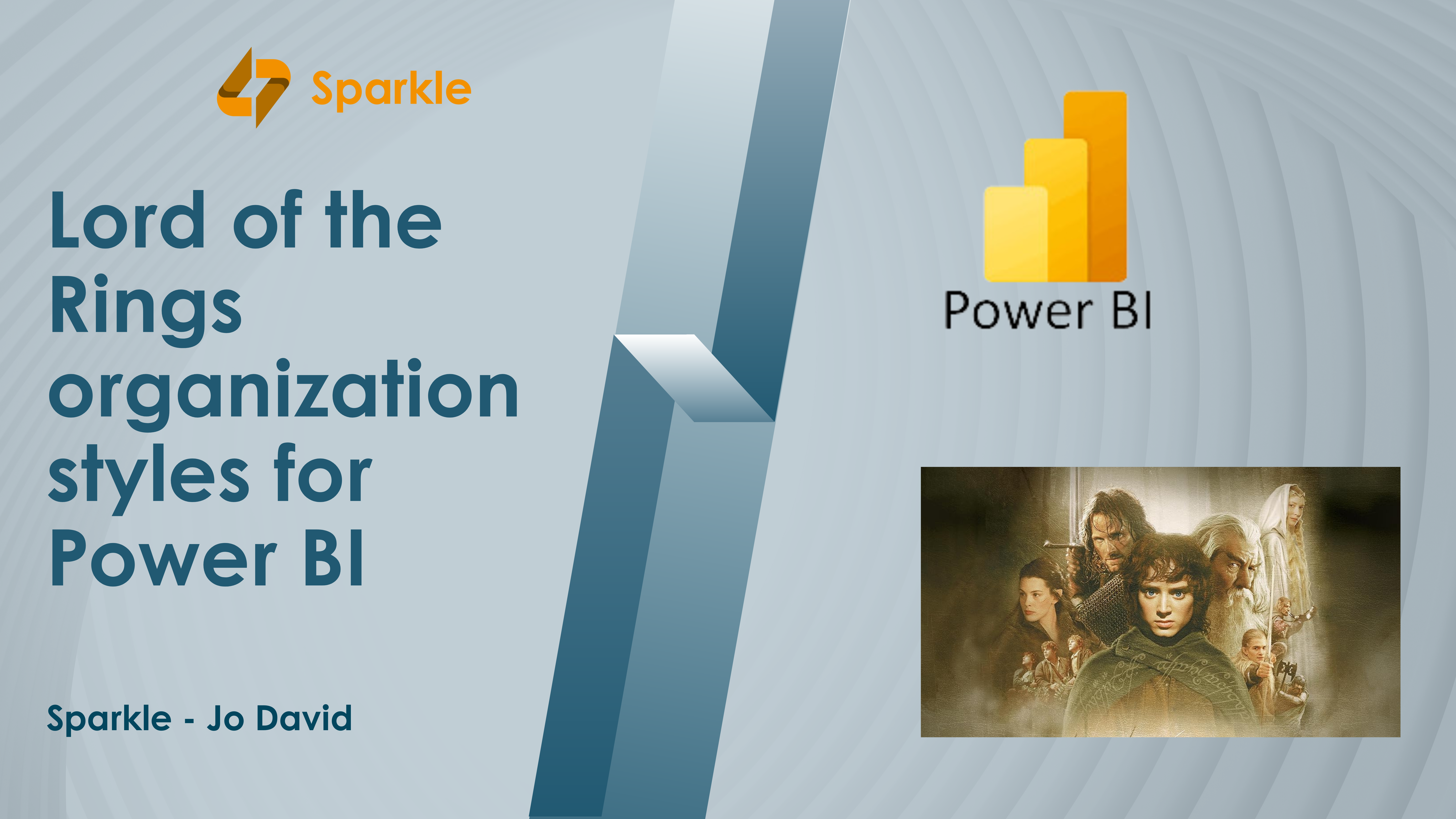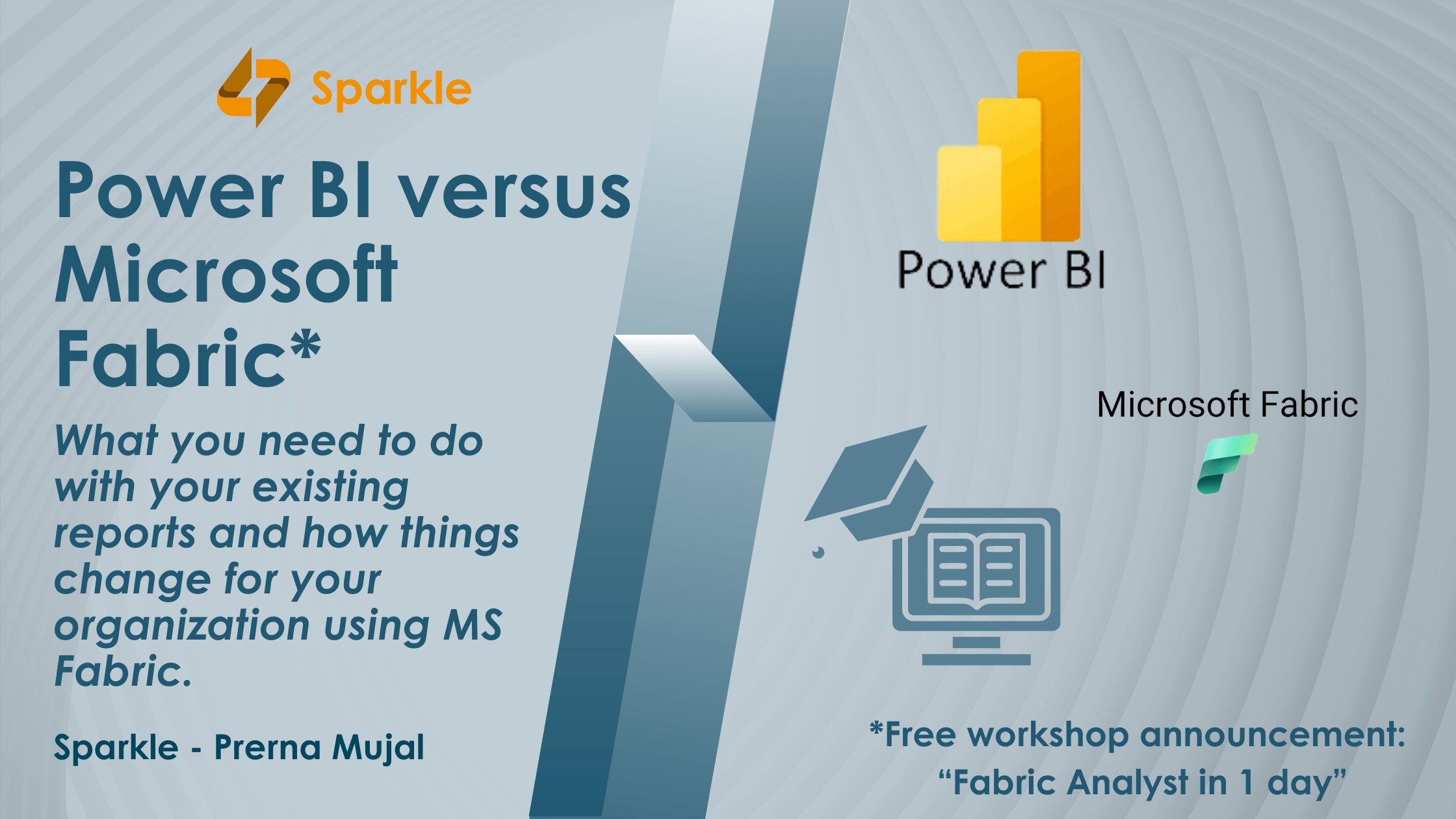We’re thrilled to announce that our very own team took home the 1st prize at the SmartNation AI Hackathon! We couldn’t be prouder, so we interviewed our Sparkleers Varun & Alexander about their experience at the hackathon & the challenges they tackled.
Can you tell us about the hackathon you participated in and the challenge that your team decided to tackle during the hackathon?
Both: The hackathon was called SmartNation AI Hackathon organized by AI4Belgium where there were different challenges related to digitization and innovation. Basically there were 3 main tracks:
- Smart Applications for Medical Data: This challenge focuses on improving the transition to new automated patient records in Belgian hospitals. Participants will work with medical data, aiming to accurately restore and organize it. Metrics will emphasize data quality and positive impact on medical research.
- Digital Journey to Justice: Develop innovative digital solutions to enhance access to justice. This includes guiding users toward suitable justice-seeking mechanisms, facilitating access to alternative dispute resolution, and assisting users in navigating the court system.
- Parliamentary Questions: Efficiently formulate responses to parliamentary questions for cabinet staff using previous questions and answers. Additionally, make data more accessible to Belgian citizens.
Our team choose Digital Journey to Justice challenge. The main reason for that is because in our team there were 2 members who had a background in Legal, and they had a good knowledge about the dataset prepared for the challenge.
Why did you want to participate this specific hackathon?
Both: Any hackathon is a good opportunity to learn something new and showcase your domain skills. In this hackathon the participating organization are one of the best from the AI field like OpenAI, Microsoft, Mistral AI. The chance to collaborate with them and use there tools and technologies during the hackathon was a very good opportunity to enhance our skill set.
How did your team come together, and what were the different roles each member played?
Both: Each member player a significant role in contributing to the final solution. 3 members had a legal background so they prepared the story and presentation. The other 3 members of the team contributed to implementing the solution using their skills in IT (data cleaning, filtering, UI generation).
How did your team come up with the idea or solution for the hackathon project?
Both: Because of the legal knowledge of the team we quickly boiled down our focus to one particular use case namely: alternate dispute resolution settlement outside of court using mediation methods. We presented our solution around that to the jury.
What valuable lessons did you learn about teamwork during this experience?
Both: The most valuable lesson was how to tackle and manage a team when there is lot of dispute arising within the team. For the solution presentation we focused on collaborative working together, focus on one use case and keeping the time limitation in mind. We learned as well how to be practical and keeping things in perspective.
What were the technologies used?
Varun: Python, R for data cleaning jobs, OpenAI ChatGPT for prompt engineering and Streamlit app for developing the UI.
Alexander: We also made use of the Azure platform, which makes it possible to deploy complex technologies (such as vectorizing documents) quickly and integrate them seamlessly.
What were some of the biggest challenges or unexpected surprises your team faced during the hackathon, and how did you overcome them?
Both: During the data cleaning phase one of our legal team members found out that the use case that we were focusing on was too general and the text related to that was not very informative. So we trained our model on this text data only. Therefore we had to switch from defining the use case from general public suitable to a public mediator which was later appreciated by the jury.
What surprised you the most about the competition?
Alexander: I was pleasantly surprised at how competent the other teams were, and how so many people were already skilled at using novel technologies that didn’t even exist a couple of months ago. The pace of innovation is rapidly accelerating and it is absolutely critical to be a life-long student.
Varun: Winning the competition 😄
What was your 1st thought when you found out your team had won the hackathon? What did winning mean to the team?
Varun: Totally surprised at first. Later I realized that because of the focus that we put on 1 particular use case and defining a solution to a very specific problem it led us to convince the jury about the potential of our solution. Winning the competition made me confident in talking to higher level executives that such a solution to solve the problem of a justice department is possible using the power of AI and the close collaboration with a legal team.
Alexander: I was quite surprised, as we definitely did not have the most technologically advanced project. However, we made sure that we thought of other important aspects as well, such as ethical, financial and feasibility criteria.
According to the jury: what set your project apart from the others resulting in winning the hackathon?
Varun: Defining a specific use case and working on that to showcase a potential solution which is simple and scalable.
Alexander: The jury informed us that our project stood out due to its consideration of all important aspects and for its efficiency of tackling the problem. We deliberately decided not to use complex AI technologies for every part of our system. Instead, we implemented robust and fool-proof techniques that make it suitable in a legal context. Thereby, we were also capable of outlining a well-defined feasibility analysis, cost breakdown and avoided certain ethical pitfalls that occur when using advanced AI systems like LLMs.
Describe the most memorable & fun moment from the hackathon.
Varun: Hearing our team name when the winner was announced was most memorable and fun moment. As from the start we said to each other no matter what the result will be, we will have fun! During the event it resulted in a team that was very well connected and went the extra mile.
Alexander: I tremendously enjoyed presenting our final project on stage for the jury and other teams. It was the culmination of days of hard work, and I was glad to show it off! 😉
How do you feel about the overall experience of participating in the hackathon?
Both: It was a very fun and interesting experience both in terms of knowledge sharing, new skills and technologies. Also pitching your presentation was quite exciting. Collaboration with people from different fields (legal, regulatory, data scientists) was also very interesting and gave us other insights.
What’s your advice for others who are considering participating in hackathons or similar events?
Varun: My advice would be to just have fun. Try to get involved and see yourself in what way you can contribute to your team. It doesn’t matter in what way, because it can be as simple as creating the logo for your team, coming up with a cool name or talking to various teams to come up with a good solution. Don’t forget to bring a positive attitude.
Alexander: Be open to learning from people outside your field, they have unique insights and perspectives that can broaden your scope of reasoning and tackling challenges.
Finally, what are your plans for the future of your project? Are there any plans to further develop or implement it?
Both: 2 legal members of our team have plans to present this to their C-level executives who have connections with people from the justice department. There is a possibility that we will get to build a POC in the near future if they are able to convince the right stakeholders.
Discover more content from our blog

Lord of the Rings organization styles for Power BI
Check your Power BI organization according to the world of Tolkien: are you organized like Hobbits, Orcs, Dwarves or Sauron?
This unique approach explained by our Sparkleer Jo uses the legendary journey of Frodo Baggins to guide you through different organizational structures. Discover how to create a harmonious Power BI environment for your business.

Power BI licenses: a quick guide for new users
Sold on Power BI, but do you need licenses? Unlocking the potential of Power BI licenses can feel overwhelming. Our colleague Jo wrote this post to help you navigate the different options and costs.

Power BI versus Microsoft Fabric
Power BI versus Microsoft Fabric: what you need to do with your existing reports and how things change for your organization using MS Fabric. This blogpost includes our “Fabric Analyst in 1 day” workshop as well.

The AI Act in practice: what it means for your business | webinar recording
The AI Act in practice: what it means for your business. In this blogpost you can find the recap of our webinar we hosted together with our legal partner Sorainen and watch the webinar recording.

Future Finance: the link between accountancy programs and Power BI
With Future Finance plugin to power bi we make it easy for business managers and financial advisors to easily create a financial plan. Find out more.

Power BI tips & tricks by Sparkle
In this Power BI Tips & Tricks column we will answer your Power BI related questions. The 1st question was: how can you change your alphabetically sorted data?
